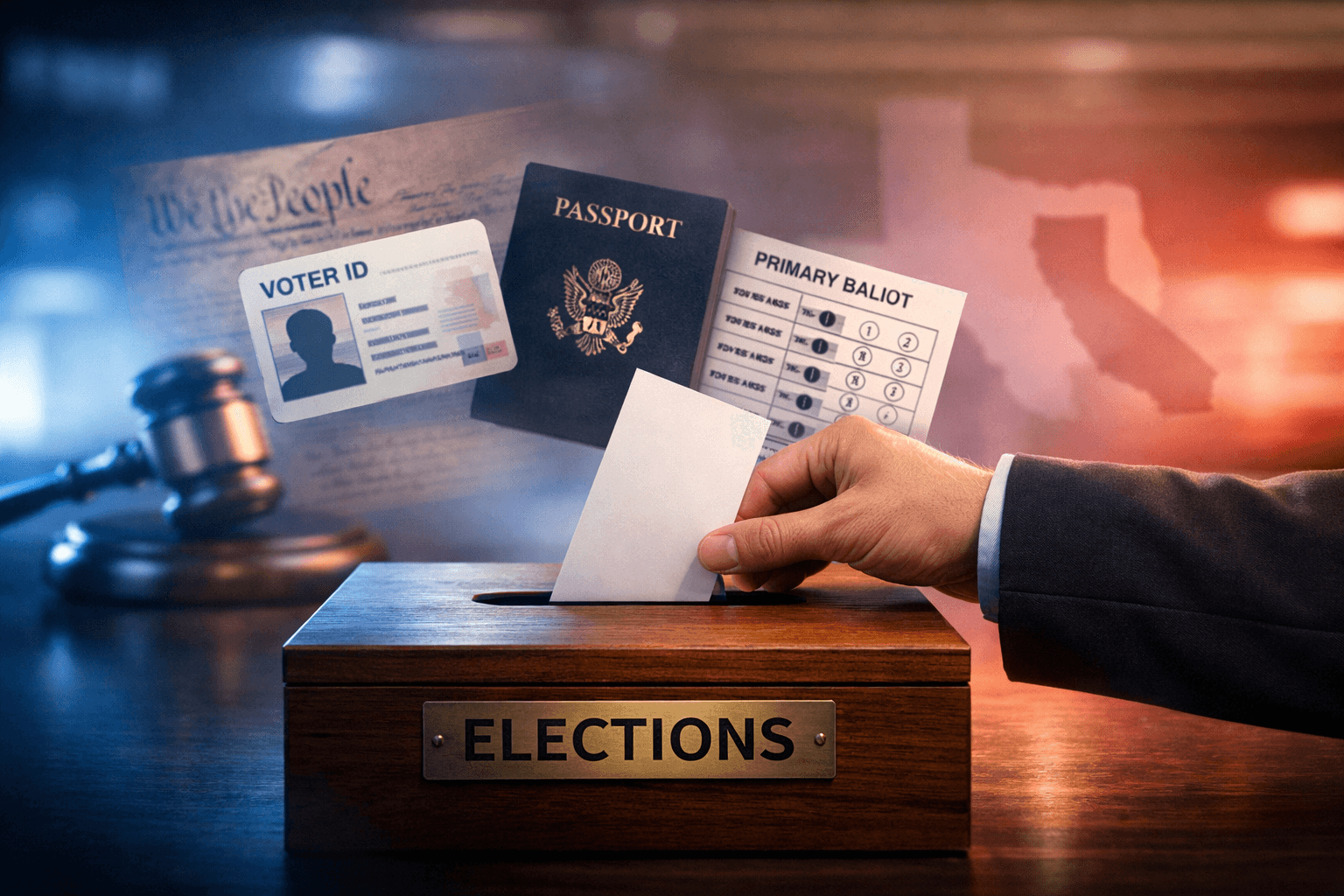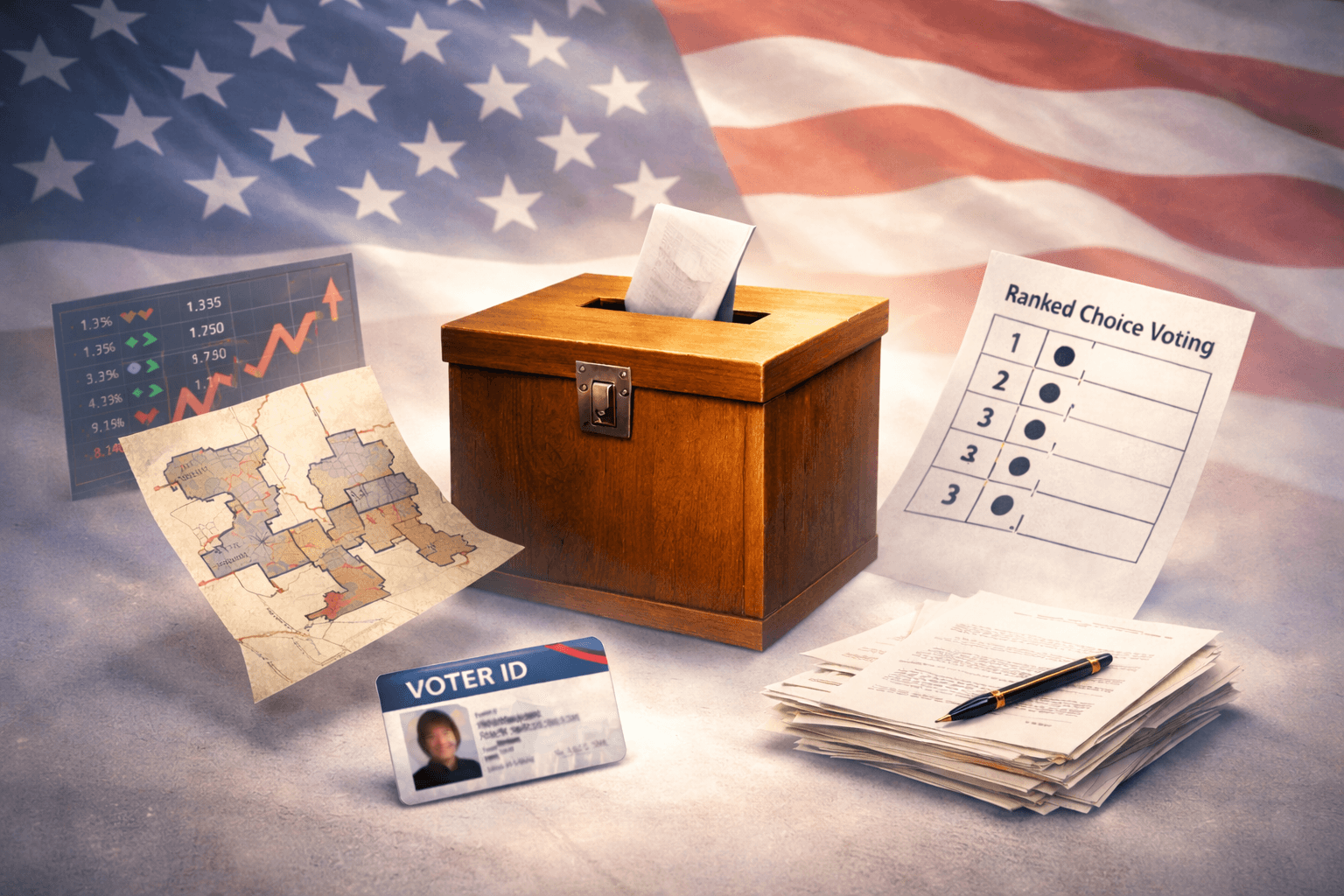In NYC, Reform Leaders Say It's Time to End Independent Voter Discrimination
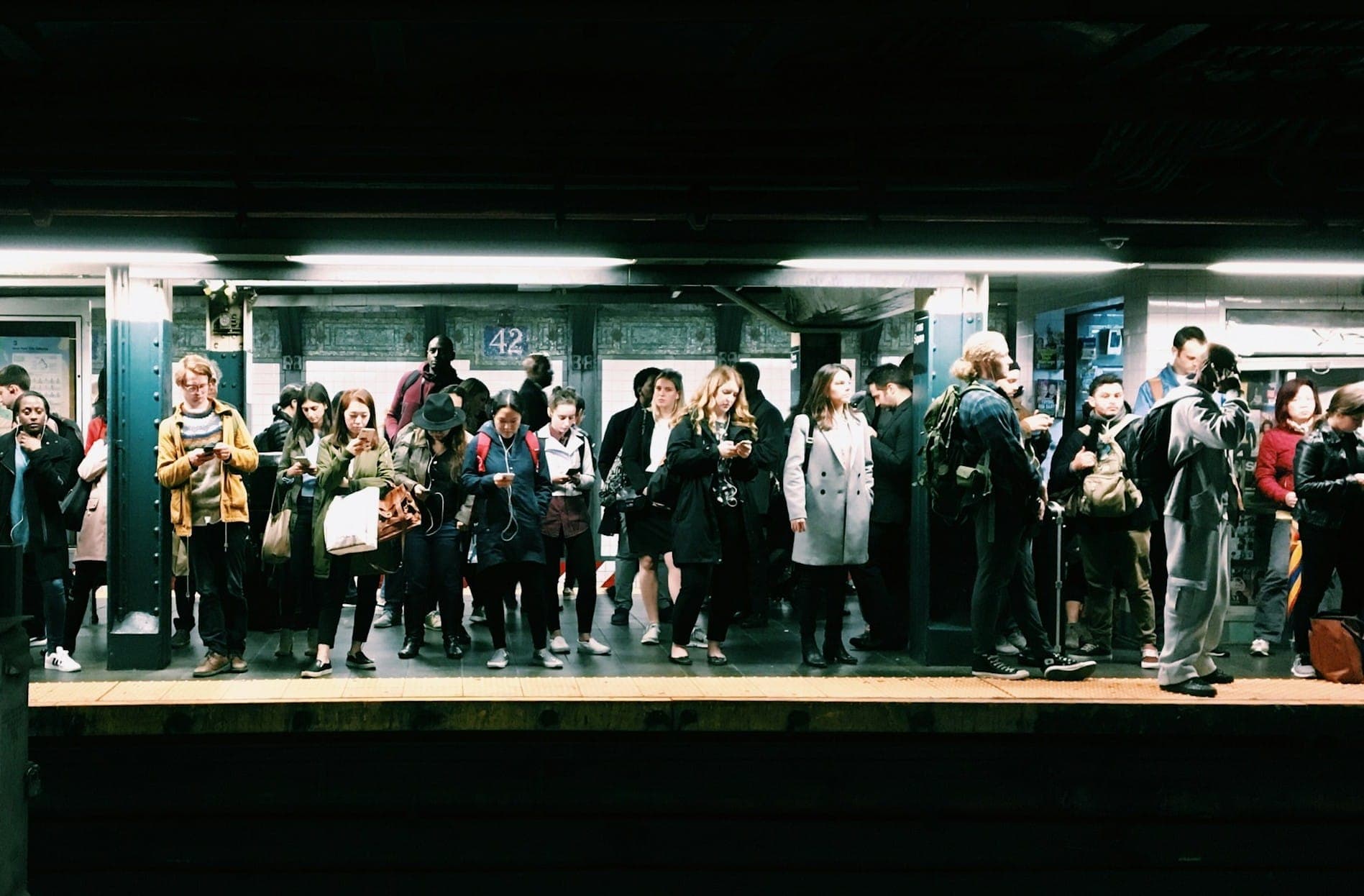
NEW YORK CITY, N.Y. - Pressure continues to mount for New York City to change its primary election laws to include all eligible voters, regardless of party, as independent voters rally behind a simple message: "No voter should be required to join a political party to vote."
New York Daily News ran an editorial written by Open Primaries Senior Vice President Jeremy Gruber and Dr. Jessie Fields on the need for taxpayer-funded primary elections that serve all voters, regardless of party, and ensure a fair process.
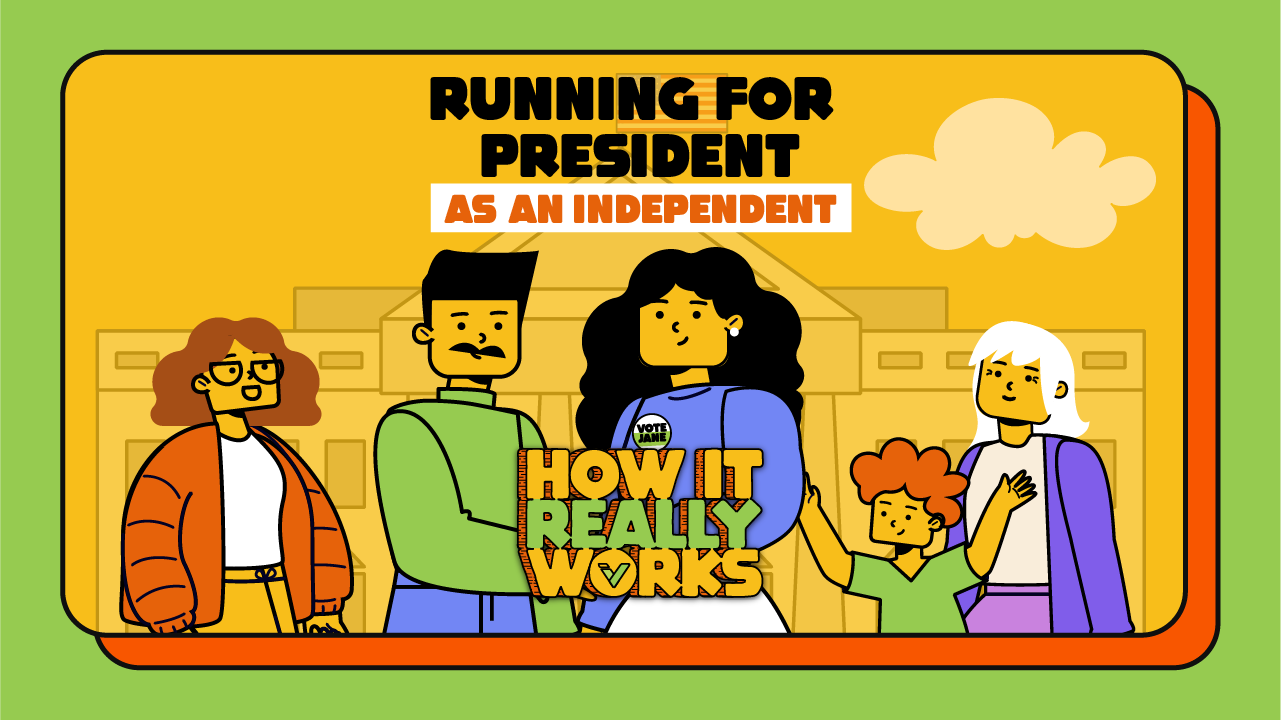
"Independents have been the fastest growing group of voters in our city now for more than a decade. But independents are excluded from voting in primary elections in our city," they write, noting that there are twice as many registered independents as Republicans.
"It is time to end this political discrimination."
Open Primaries is a New York-based organization and Dr. Fields is not just a member of the group's Board, but she is also a community activist and practicing physician in Harlem. In other words, Gruber and Fields are among the voters excluded from NYC primary elections.
"Primary elections are held in the same public buildings, on the same public machines, and run by the same poll workers you encounter in the general election. The city administers and pays for these elections with all our tax dollars," they continue.
"But as independents ourselves, the two of us can’t participate despite the fact that primaries are often more determinative of who gets elected than the November general election"
As previously reported on IVN, independent voters make up more than a million adults in NYC's registered voting population, half of whom are under the age of 40. This means independent voter exclusion affects 1-in-5 voters in the city.
This also greatly affects representation for voters of color, who according to a report from Common Cause NY, make up more than half (53%) of registered independent voters. Gruber and Fields remark that there is a clear crisis that spans across voting demographics.
"Our city should be encouraging every New Yorker to vote their conscience, not demanding that we join a party or give up the right to vote. In fact, the same Common Cause report found that independents in NYC overwhelmingly want to vote. Let us," they write.
Read the full op-ed here.
Fields was one of dozens of independent voters who attended a public hearing held by the NYC Charter Revision Commission on May 19. The commission released a report on April 30 in which it said it was seriously considering ending closed primaries in the city.
Specifically, the commission is looking at two proposals:
- Using an open partisan primary system, which would allow unaffiliated voters to participate in either the Democratic or Republican primaries without needing to register with a party in advance -- which as of now is about 5 months is advance.
- Using nonpartisan primary elections in which all candidates and voters (regardless of party affiliation) participate on a single primary ballot. The top vote-getters (whether it is 2, 3, 4, or 5) would then advance to the general election.
The commission has the authority to approve reforms for the city ballot on a broad variety of issues, including elections, meaning that after it holds it final public hearing on July 7, it could decide to give voters the opportunity to open the city's primaries.
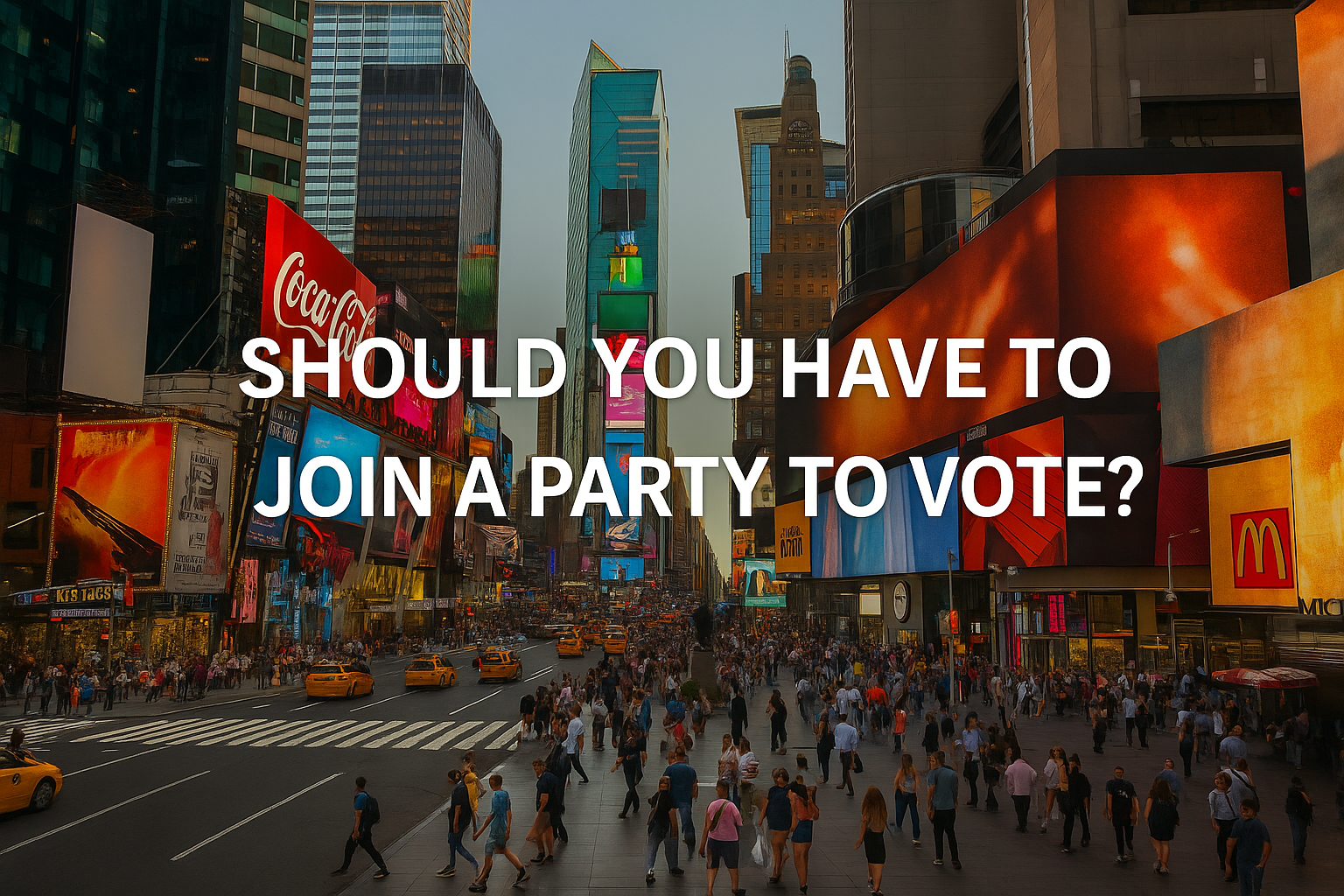
"[A]s the conversation turns to what model of reform to embrace, let’s not lose sight of the most important reason (to enact primary reform), the voting rights of a million New Yorkers," Gruber and Fields write.
They explain that NYC is an outlier in independent voter discrimination. Most cities (about three-quarters to be specific) in the US conduct primary elections open to all voters, including major metropolitans like Boston, Chicago, Detroit, and LA.
Washington, DC joined these cities in November when its voters approved open primaries and ranked choice voting. The nation's capital represents another city in which voter registration favors one party so heavily, the primaries act as de facto general elections.
The question now is, will New York finally end independent voter suppression in the taxpayer-funded primaries that matter most to choice and representation?
 Shawn Griffiths
Shawn Griffiths


